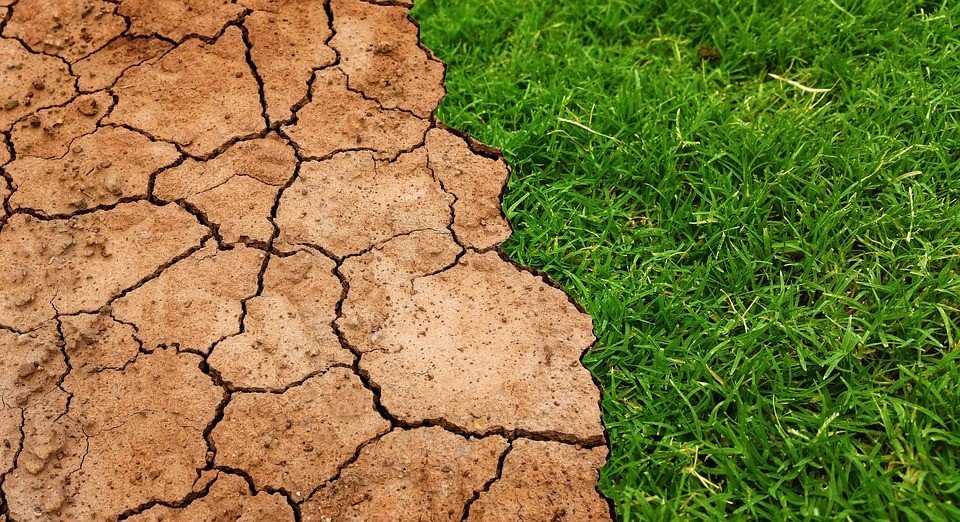
Land is already under increasing pressure and climate change is contributing to this. At the same time, global warming can be kept well below 2°C by reducing greenhouse gas emissions from all sectors, including agriculture and food, according to the Intergovernmental Panel on Climate Change (IPCC) in its latest report of Thursday 8 August.
Governments challenged the IPCC to take a comprehensive look at the entire continental climate system for the first time. IPCC has made this happen through the contributions of many experts and governments around the world.
The report shows that better land management can help combat climate change, but this is not the only solution. Reducing greenhouse gas emissions from all sectors is essential to limit global warming.
Land must remain productive in order to maintain food security. This means that there are limits to the contribution of land in combating climate change, for example through energy crop cultivation and afforestation. Time is also needed for trees and soils to store carbon effectively. Bioenergy must be carefully managed to avoid risks to food security, biodiversity and soil degradation.
"Agriculture, forestry and other land uses account for 23% of human greenhouse gas emissions. At the same time, natural soil processes absorb almost a third of carbon dioxide emissions from fossil fuels and industry," said Jim Skea, co-chair of IPCC Working Group III.
The country already in use can feed the world in a changing climate and provide biomass for renewable energy, but early, far-reaching action in several areas is needed. Also for the conservation and restoration of ecosystems and biodiversity.
Source: © IPCC